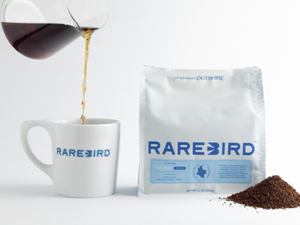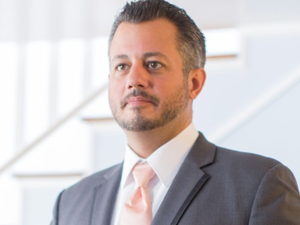
Even though the mortality rate for it is decreasing, strokes are still a leading cause of serious, long-term disabilities. So what happens when a stroke patient is discharged after a hospital stay?
“Patients and their families are left to navigate this journey of recovery without a lot of direction,” said Pamela Duncan, CEO and founder of CareDirections.
CareDirection’s proprietary digital health platform, StrokeCP, provides transitional care management for stroke patients and specifically addresses a patient’s social and functional determinants of health that impede a patient’s recovery and secondary prevention.
StrokeCP uses information and data from a patient assessment to generate a care plan. It was created as the result of a $14 million, five-year study led by Wake Forest’s medical school and conducted in 40 hospitals across the state.
Duncan is a retired professor of neurology at the Wake Forest University School of Medicine and currently lives near Pinehurst. The business operates virtually, calling Winston-Salem home because of its origins at Wake Forest and because most of its employees live there.
CareDirections
Industry: Health care software
Founded: 2017
Top exec: Pamela Duncan, CEO and founder
Based in: Winston-Salem, N.C. (operates virtually)
Website: care-directions.com
Duncan said that, because of the level of data analysis and individualized care plan, other health platforms can’t do what StrokeCP does. And with Carium – the California virtual care company that helped CareDirections commercialize in April – StrokeCP can incorporate remote monitoring and coaching platforms.
“It’s specific for the conditions that affect a patient after a new onset disability like a stroke, which has overwhelming challenges and consequences for the patient,” Duncan said.
Some of the long-term disabilities that can affect a stroke patient are weakness, difficulty swallowing and speaking, fatigue and decline in mental cognition, according to the Stroke Foundation. CareDirections aims to engage the patient, caregiver and provider to understand the patient’s challenges, reinforce good practices and link them to community resources such as nursing homes or home health agencies.
The company, which employs five, launched StrokeCP with about $1 million in funding. Duncan said she hopes to open another fundraising round by the end of the year.
Having only officially gone commercial in April, the company is working on closing contracts. Duncan declined to disclose how many it had in it pipeline and how many clients it had to date.
But because of how patient-centered the platform is, CareDirections has begun to pivot how it markets the platform from health systems to patients and caregivers, Duncan said.
“We will continue to market to comprehensive stroke centers but we are really beginning to expand our market capability,” she said, adding that she hopes to eventually use the platform for other conditions and medical events such as dementia, post-acute cardiac recovery, weight management and bariatric surgery.









